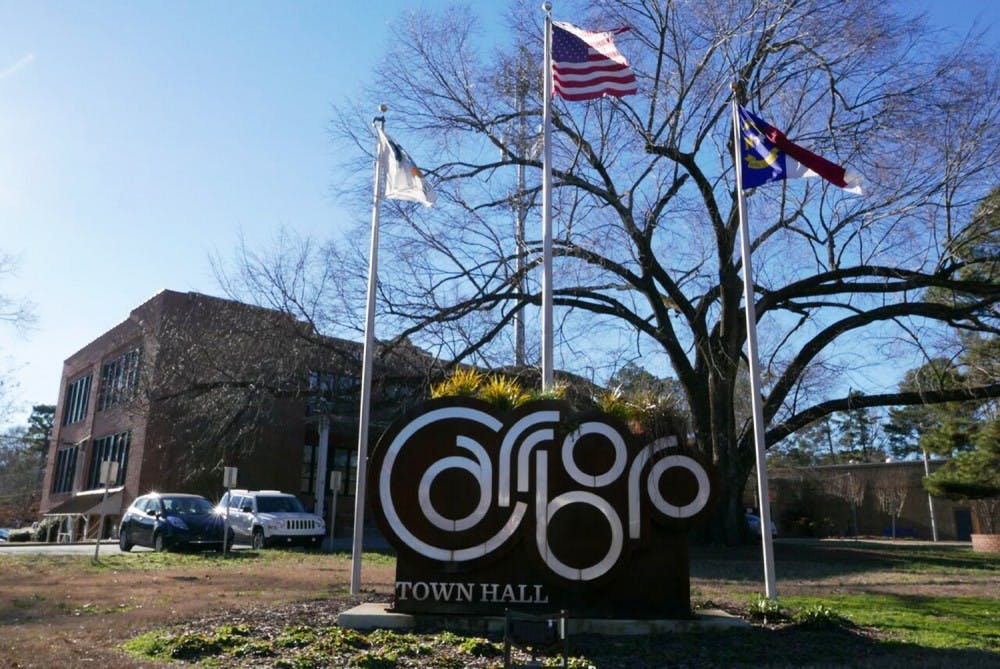When Carrboro police officers responded to a call Sunday, they found a person in an apparent opioid overdose.
The officers quickly decided to administer naloxone, a drug used to reverse opioid overdoses. After a second dose of the drug by emergency medical services soon after, the afflicted person woke up and was talking when they left to go to the hospital, said Capt. Chris Atack, spokesperson for the Carrboro Police Department.
The incident Sunday marks the fifth administration of naloxone in Carrboro. The Carrboro Police Department began training officers to carry naloxone in October 2014 and was the first in the state to administer the drug in January 2015.
All of the law enforcement agencies in Orange County are trained to use the drug.
The number of opioid drug overdose deaths in North Carolina increased from 699 deaths in 2013 to 998 deaths in 2015, said Tessie Castillo, advocacy and communication coordinator for the North Carolina Harm Reduction Coalition.
“Opioids are it right now,” Atack said. “Heroin is back with a vengeance, as well as the pain medications, the actual synthetic opioids.”
To combat the problem, the medical community is prescribing fewer opioid painkillers, Castillo said. However, fewer prescription medications mean that more addicts are turning to heroin as a more accessible alternative.
“If they have been using the pills for a long time and they can’t get them anymore — maybe the doctor stopped prescribing them or it got too expensive — they switch over to heroin, which is why we see that rising,” Castillo said.
Under the North Carolina Good Samaritan law, if a drug overdose is reported, the person in the overdosed state and the person who made the call cannot be charged for possession of narcotics, Atack said.



